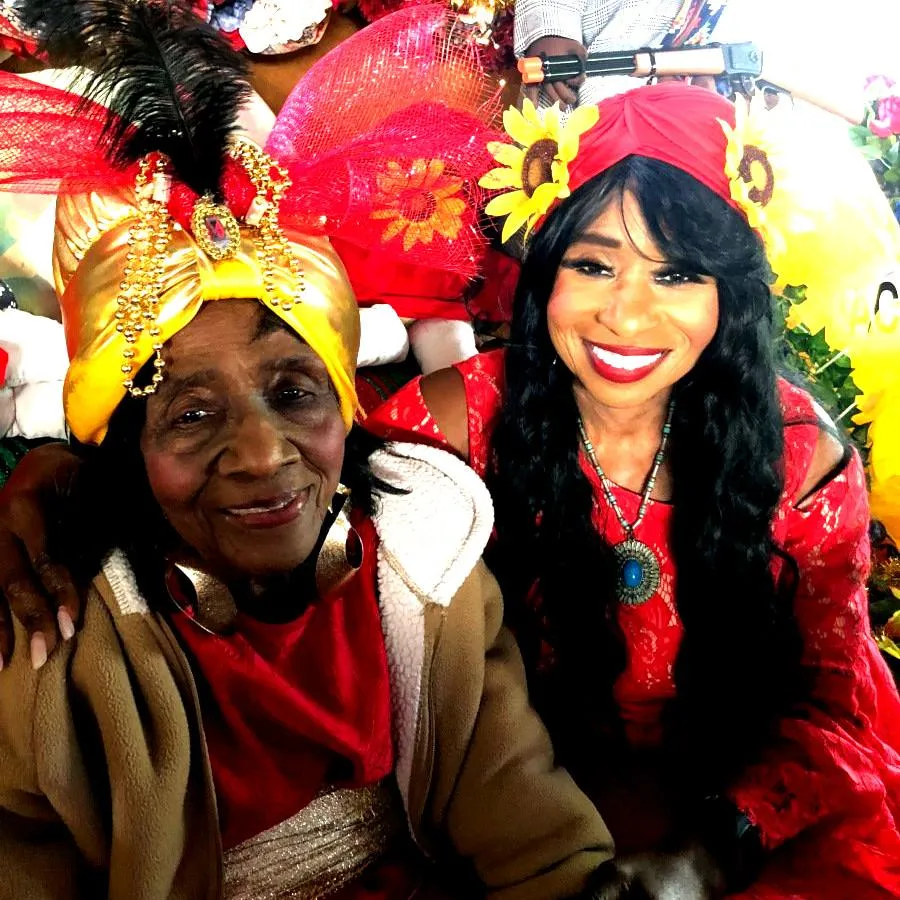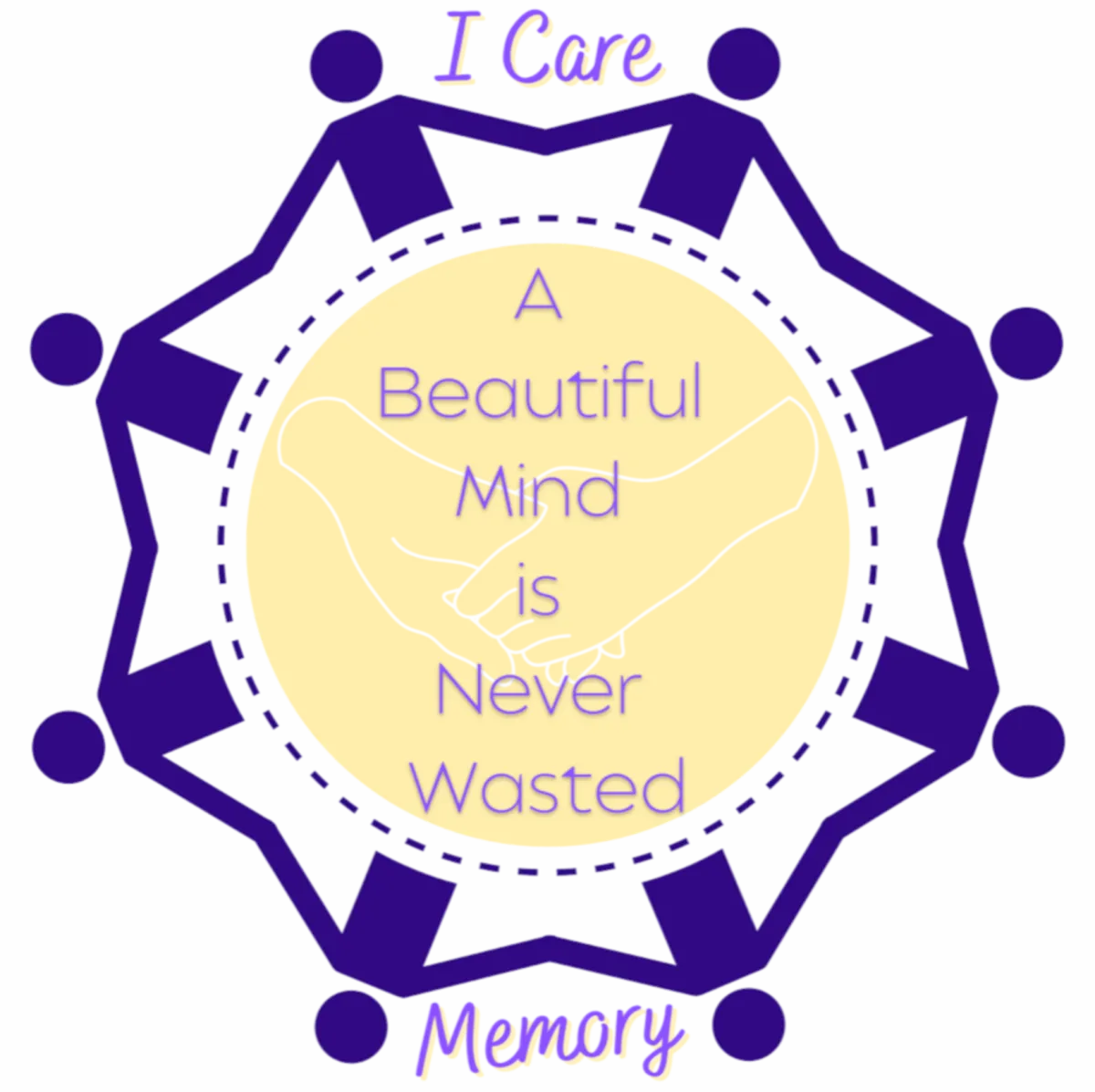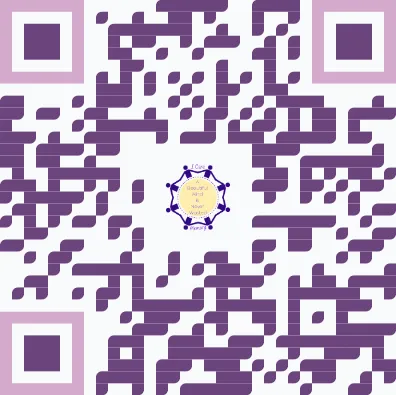Donna Gordon
Donna Gordon is a passionate advocate for the power of dance therapy and movement in enhancing cognitive engagement, particularly among seniors and individuals facing memory challenges. With a deep understanding of the therapeutic benefits of dance, Donna has dedicated her career to developing and implementing innovative programs that promote physical and mental well-being through movement. Her expertise is crafting chair-based exercise routines, adaptive sports programs, and memory-enhancing physical activities catering to diverse needs and abilities. Donna's work centers on creating inclusive environments where individuals can experience the joy of movement while stimulating their cognitive functions and fostering social connections.
Donna's Mission:
Donna's mission is to expand the accessibility of dance therapy and empower individuals with cognitive impairments to lead more prosperous, more fulfilling lives. She believes in the transformative potential of dance and movement to evoke memories, promote emotional expression, and enhance the overall quality of life for seniors and those facing memory challenges. Through her work, Donna strives to create a vibrant and supportive community where individuals can connect, engage, and thrive through the power of dance.

These are some of the most Frequently Asked Questions that are asked of us:
What is dance therapy?
Dance therapy, also known as dance/movement therapy, is a type of therapy that uses movement to help people improve their emotional, cognitive, and physical health. It is a creative therapeutic approach that utilizes movement to foster emotional, cognitive, and physical integration. This form of therapy is particularly beneficial for individuals experiencing cognitive decline, as it encourages self-expression through movement, which can stimulate memory recall and enhance cognitive engagement.
How does dance therapy work?
Dance therapy works by using movement to stimulate different parts of the brain. The rhythmic movements involved in dance not only provide physical exercise but also facilitate the release of neurotransmitters, such as dopamine and serotonin, which can improve mood and overall cognitive function. This can help to improve memory, coordination, and balance. Dance therapy can also help to reduce stress and anxiety, and improve mood and overall well-being.
Who can benefit from dance therapy?
Dance therapy can benefit people of all ages and abilities. It's especially helpful for people with cognitive decline, like those with dementia, because it can help them remember things and connect with others. Dance therapy can also be beneficial for people with depression, anxiety, and other mental health conditions.
What are the benefits of dance therapy for people with dementia?
Dance therapy can help people with dementia to improve their memory, coordination, and balance. It can also help to reduce stress and anxiety, and improve mood and overall well-being. Dance therapy can be adapted for various settings, including assisted living facilities and memory care environments, making it an invaluable resource for those working to support seniors and individuals with dementia.
What are the benefits of dance therapy for people with depression?
Dance therapy can help people with depression to improve their mood, reduce feelings of isolation, and increase their self-esteem. It can also help to improve sleep quality and reduce fatigue. The social aspect of dance therapy encourages interaction and communication, fostering connections among participants.
What are the benefits of dance therapy for people with anxiety?
Dance therapy can help people with anxiety to reduce their anxiety levels and improve their coping skills. It can also help to improve sleep quality and reduce feelings of overwhelm. The act of dancing releases endorphins, which are known to elevate mood and promote feelings of happiness.
How is dance therapy used in cognitive engagement?
Dance therapy is used in cognitive engagement to help people with dementia and other cognitive impairments to improve their memory, attention, and communication skills. It can also help to reduce feelings of isolation and loneliness. The rhythmic patterns of dance stimulate neural pathways, enhancing memory and cognitive flexibility.
What are some of the chair-based exercise routines used in dance therapy?
Some of the chair-based exercise routines used in dance therapy include seated cha-chas, chair salsas, and gentle arm waves. These routines are designed to be accessible to people of all abilities, and they can be adapted to meet the needs of individual participants.
What are some of the memory-enhancing physical activities used in dance therapy?
Some of the memory-enhancing physical activities used in dance therapy include dance sequences, puzzles combined with movement, and memory games that incorporate dance. These activities are designed to challenge the brain and help to improve memory and cognitive function.
How much does dance therapy cost?
The cost of dance therapy varies depending on the therapist and the length of the session. Some insurance plans cover dance therapy, so it is worth checking with your provider to see if you are covered.
What is the role of music in dance therapy?
Music plays an important role in dance therapy. It can help to improve mood, reduce stress, and stimulate memories.
How can I learn more about dance therapy?
You can learn more about dance therapy by contacting the American Dance Therapy Association (ADTA) or by reading books and articles about dance therapy
What is the Annie Ruth Statham I Care Memory Organization?
The Annie Ruth Statham I Care Memory Organization is a nonprofit organization that provides dance therapy services to seniors with cognitive impairments in the San Antonio, Texas region.
How can I donate to the Annie Ruth Statham I Care Memory Organization?
You can donate to the Annie Ruth Statham I Care Memory Organization by visiting their website, or directly at the link located just below:
What are some of the success stories of dance therapy?
There are many success stories of dance therapy. Dance therapy has been shown to help people with dementia improve their memory, coordination, and balance. It has also been shown to help people with depression and anxiety improve their mood and reduce their symptoms.
Where can I find more information about dance therapy for cognitive engagement?
You can find more information about dance therapy for cognitive engagement by contacting the American Dance Therapy Association (ADTA), reading books and articles about dance therapy, or contacting Donna Gordon. Sources and related content
Rhythms of Remembrance: Dance Therapy for Cognitive Engagement
Want to work with us?
Strengthening the common good and improving lives, the Annie Ruth STATHAM I Care Memory Organization provides a community focused on wellness, economic security, and social development for seniors, memory care residents, veterans, and the disabled.
Copyright 2026. Annie Ruth Statham I Care Memory Orginaization, Inc.. All Rights Reserved.
+1 830-783-1130 | [email protected]

